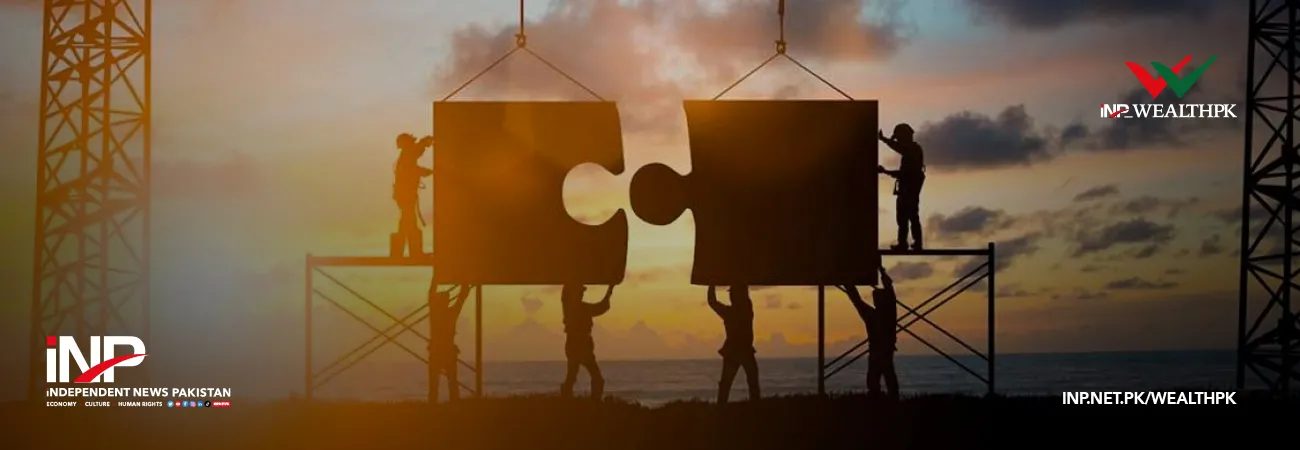INP-WealthPk
Qudsia Bano
As Pakistan navigates its path towards a sustainable economic growth, the government is placing a renewed emphasis on human capital development. Recognizing that skills, knowledge, and health of citizens are fundamental drivers of economic growth, the policymakers have intensified efforts to bolster education, healthcare, and vocational training initiatives, reports WealthPK. At the forefront of this endeavor is a multifaceted approach that encompasses various sectors and programs. Finance Minister Muhammad Aurangzeb has outlined the government’s priority reform areas, including increasing the tax-to-GDP ratio, reducing costs in the energy sector, state-owned enterprise (SOE) reforms, privatization, and particularly human capital development. This comprehensive strategy aims to address the structural challenges while fostering an environment conducive to sustainable growth. Experts from diverse fields have voiced their support for this strategic emphasis on human capital development.
Talking to WealthPK, Dr. Ejaz Ahmed, an esteemed economist at the Lahore School of Economics, underscored the pivotal role of education and health in driving economic progress. “Investing in human capital is not just an economic imperative; it is also a moral imperative. By ensuring access to quality education and healthcare, Pakistan can unlock the full potential of its population and pave the way for inclusive growth,” he said. “The people of Pakistan have been grappling with various challenges that have significantly impacted their well-being and economic prospects. These challenges include high unemployment rates, inadequate access to quality education and healthcare, and a widening skills gap in the labor market. However, the government's human capital development strategy holds the promise of addressing these challenges effectively,” said Dr Ejaz. Dr. Waqar Khan, senior analyst at the Center for Economic Research in Pakistan (CERP), emphasized the long-term benefits of prioritizing human capital.
“A robust education system and a healthy workforce are essential foundations for sustainable economic development. By investing in its people, Pakistan can enhance productivity, spur innovation, and achieve greater resilience in the face of global challenges,” he said. Dr Khan highlighted the broader societal impact of human capital development. “Beyond economic gains, investing in human capital leads to social cohesion and equity. It empowers individuals, promotes social mobility, and fosters a more inclusive society where everyone has the opportunity to thrive,” he said. By prioritizing investments in education, and vocational training, the government can equip individuals with the skills and knowledge needed to secure employment opportunities, improve health outcomes, and contribute meaningfully to the economy, Dr Khan added. Experts believe that with concerted efforts from the government, Pakistan is poised to unlock the full potential of its population, driving sustainable economic growth and improving the quality of life for all its citizens.
Credit: INP-WealthPk













